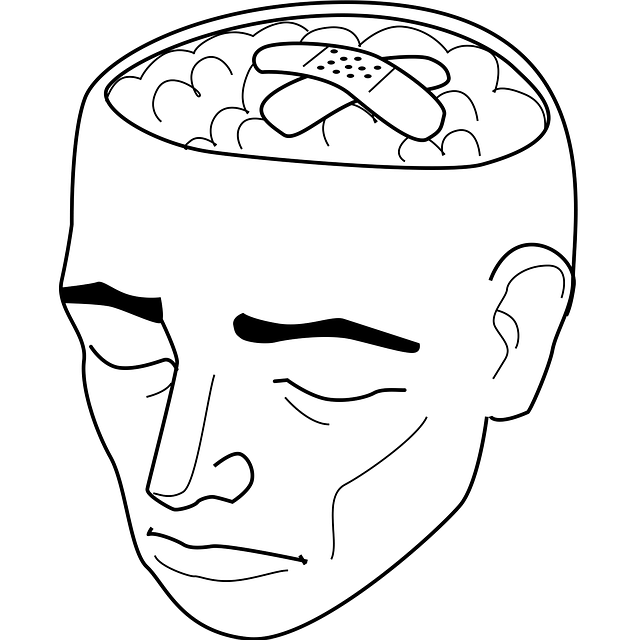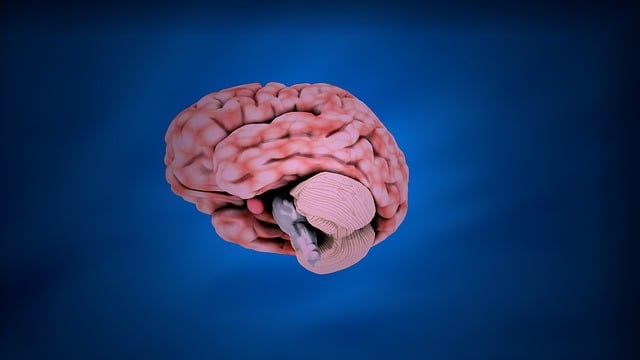Media portrayal deeply impacts public understanding and treatment of mental health conditions, with positive, accurate depictions fostering empathy and help-seeking behaviors, while negative stereotypes perpetuate fear and discrimination. Arvada Psychological Testing & Therapy (APTT) recognizes this influence, offering comprehensive assessments and tailored therapy to help clients navigate conversations and overcome challenges related to mental health. APTT educates communities using evidence-based practices like conflict resolution and compassion cultivation to destigmatize mental illness, empowers individuals through open conversations and success story sharing, and promotes a culture of acceptance and care. Accurate media representations, achieved through collaboration with healthcare providers like APTT, diverse storytelling, and training programs, are crucial in challenging harmful clichés and benefiting audiences and communities.
In today’s media landscape, accurate representation of mental illness is paramount. The way mental health conditions are depicted can significantly impact societal perceptions and individual well-being. This article explores the challenge of negative stereotypes and offers solutions through the lens of Arvada Psychological Testing and Therapy. We delve into the profound effects of media portrayal, the importance of professional intervention, and strategic guidelines for creating empathetic narratives around mental illness, fostering a more inclusive understanding.
- Understanding the Impact of Media Portrayal on Mental Health
- The Role of Arvada Psychological Testing and Therapy in Challenging Stigmas
- Strategies for Accurate and Empathetic Media Representation of Mental Illness
Understanding the Impact of Media Portrayal on Mental Health

Media portrayal plays a significant role in shaping public understanding of mental health, which in turn influences how individuals with these conditions are treated in society. The impact of media representation cannot be overstated, as it often sets the narrative for how mental illness is perceived and discussed. Positive and accurate depictions can foster empathy, reduce stigma, and encourage those facing mental health challenges to seek help. Conversely, negative or stereotypical portrayals can perpetuate fear, misunderstanding, and discrimination, hindering individuals from openly discussing their struggles and seeking the support they need.
At Arvada Psychological Testing & Therapy, we recognize the power of media in shaping these perceptions. Our expertise lies in helping clients develop confidence-boosting strategies to navigate conversations about mental health, especially when facing burnout or communication challenges. By understanding the impact of media, individuals can actively contribute to a more inclusive and supportive society while prioritizing their own well-being.
The Role of Arvada Psychological Testing and Therapy in Challenging Stigmas

Arvada Psychological Testing and Therapy plays a pivotal role in challenging mental illness stigmas prevalent in society. Through comprehensive assessments and tailored therapy sessions, they aim to destigmatize mental health issues by educating clients, their families, and the broader community. By providing evidence-based practices like conflict resolution techniques and compassion cultivation, Arvada Psychological Testing and Therapy fosters understanding and empathy, paving the way for a more supportive environment for those struggling with mental illness.
Moreover, these professionals actively contribute to public awareness campaigns development, utilizing their expertise to dispel myths and misconceptions surrounding mental health. By engaging in open conversations, sharing success stories, and highlighting the effectiveness of treatment options, they empower individuals to seek help without fear of judgment. This multifaceted approach ensures that Arvada Psychological Testing and Therapy not only treats mental health conditions but also fosters a culture of acceptance, compassion, and care.
Strategies for Accurate and Empathetic Media Representation of Mental Illness

Media representation plays a pivotal role in shaping public understanding of mental illness. To challenge stereotypes and promote empathy, media outlets should adopt strategies that ensure accurate and nuanced portrayals. This includes consulting with healthcare providers, such as those offering Arvada Psychological Testing Therapy, to gain insights into various conditions and their manifestations. By integrating real-life experiences and symptoms, media can create more authentic characters and narratives.
Additionally, fostering cultural competency among media professionals through training programs is essential. These initiatives should extend to scripts, production design, and casting to prevent the perpetuation of harmful clichés. Encouraging diversity in storytelling allows for a broader spectrum of mental health experiences to be shared, benefiting both audiences and the mental health community. Social skills training and community outreach program implementations can further enhance media’s ability to represent mental illness with sensitivity and depth.
Mental illness representation in media significantly impacts public understanding and attitudes, with Arvada Psychological Testing and Therapy playing a crucial role in challenging stigmas. By employing strategies for accurate and empathetic portrayal, we can foster a more inclusive society that supports those dealing with mental health issues. Through responsible media representation, we have the power to reduce stigma, promote empathy, and encourage help-seeking behaviors, ultimately enhancing the quality of life for individuals affected by mental illness.














